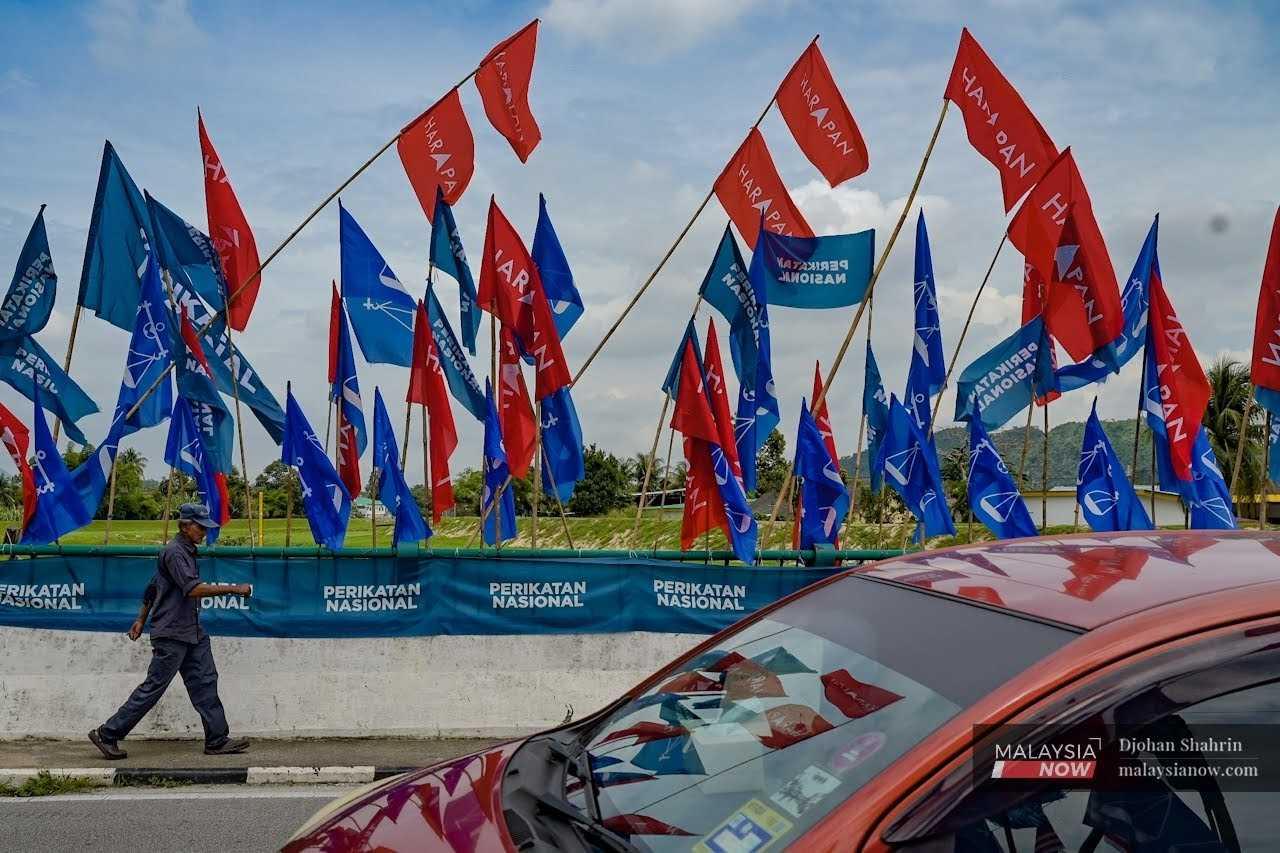The TikTok factor in GE15
While social media was used even at the 2018 election, the focus has shifted from the more traditional platforms of Twitter and Facebook.
Just In
The 15th general election (GE15) just over a week ago and the campaign period before it saw political parties turning to social media as an alternative battlefield in the race to win the support of the youth.
Of the roughly 21.1 million voters eligible to cast their ballots in the election, some four million were between 18 and 21 years of age.
Data analyst expert Mohd Hafeez Nazri said the impact of social media use had been evident even during the 2018 election.
Then, though, the platform of choice had been different.
"At GE14, they used Facebook as their main channel for information," Hafeez said.
"Now the winds have changed and TikTok has been the medium of choice for the past two to three years."
Citing data on social media use, he said the number of TikTok users in Malaysia had increased to 14.4 million over the last two years.
Twitter users meanwhile numbered 4.4 million while Facebook still topped the list with 21 million.
Hafeez said the shift towards TikTok had influenced campaigns and strategies for GE15, especially those targeted at the youth, describing this as part of a larger change in the overall pattern.
He said the goal was to reach large target groups through the use of a single platform which would make things easier to manage.
Social media was the obvious choice, especially in terms of creating short videos and live-streaming political talks and events.
A study in June by independent pollster Merdeka Center showed that the youth spent much of their time on the internet, for entertainment purposes (32%), studies (17%) and to gather information on current affairs (16%).
It also said then that only 40% of Malay youths would turn out to vote if GE15 was held in the near future.
Nevertheless, its projection appeared off the mark as many first-time voters participated in the general election on Nov 19.
Social media pros and cons
The use of technology and the harnessing of digital developments was apparent in the rise of blogs during the time of the fifth prime minister, Abdullah Ahmad Badawi.
By the end of Najib Razak's administration, the election narrative had shifted to Facebook and Twitter, dominated by talk on the 1MDB scandal which played a significant role in Najib's downfall.
But for all of the benefits of using social media, Hafeez said political parties should also be aware of the pitfalls and weaknesses.
Chief among these are the limited access to the internet in some areas, as well as the fact that older voters are less savvy with such tools.
While social media use could cast a wide net, Hafeez said, certain target groups could also be left out.
"If we look at the data, 43% or more than 50% of social media users are actually men," he said.
"So how will parties target women if they rely only on social media platforms? Such issues need to be assessed and reviewed if political parties really want to campaign online. But even this depends on the ultimate goal, whether it's on the macro or micro level."
Subscribe to our newsletter
To be updated with all the latest news and analyses daily.
Related Articles
Most Read
No articles found.
